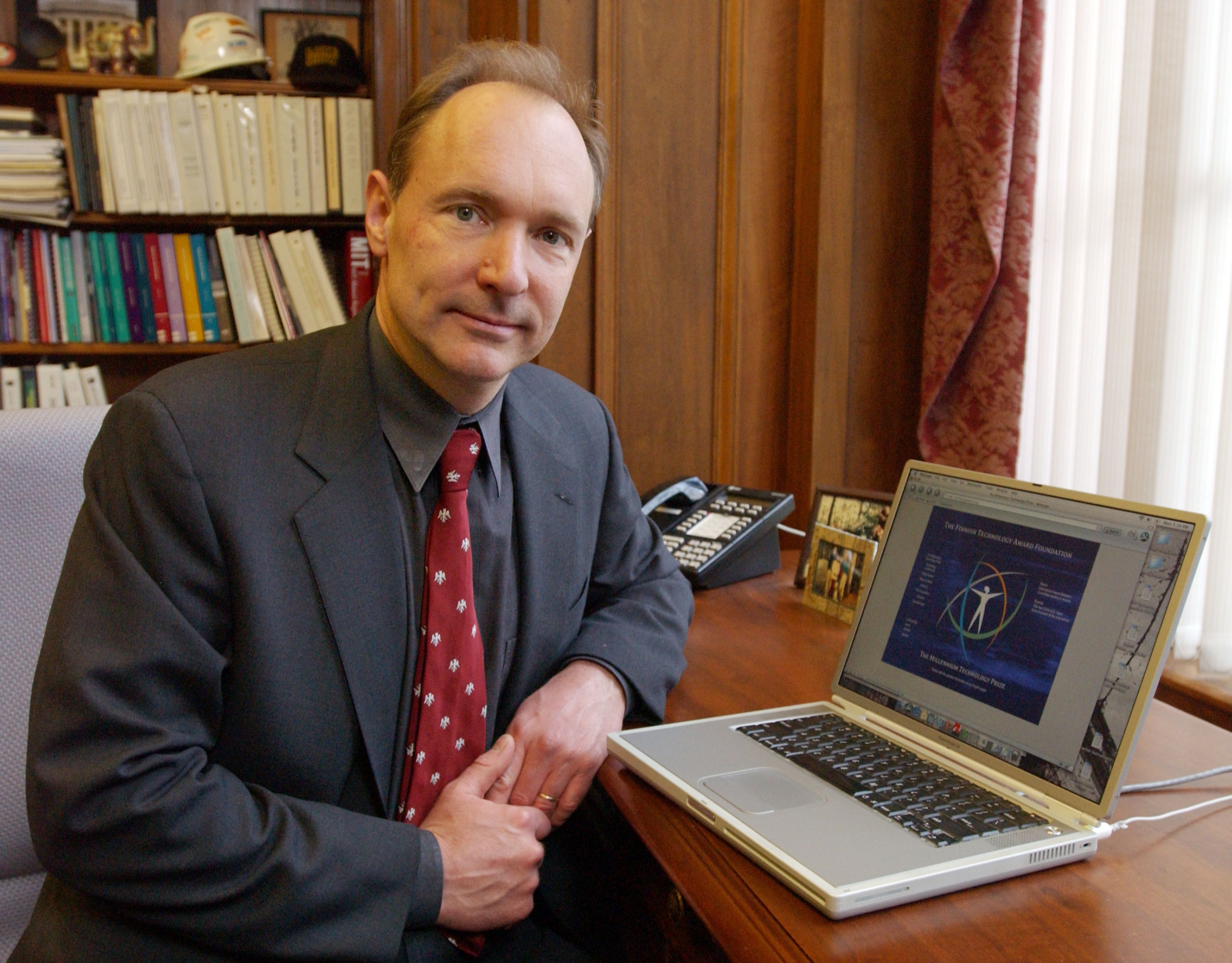Daily Stormer
March 12, 2014

The man who invented the internet 25 years ago in Geneva is calling for new legislation to protect the rights of web users.
From the Local:
Tim Berners-Lee, a British computer scientist at the European Organization for Nuclear Research (CERN) credited with giving birth to the web on March 12th 1989, is celebrating the birthday by campaigning for an internet “magna carta”.
Berners-Lee has raised concerns for several years about threats to the internet’s “neutrality”, including “companies that interfere with or snoop on internet traffic,” saying they “compromise basic human network rights”.
His concerns about government surveillance were only heightened by the leaks from former US intelligence contractor Edward Snowdon revealing massive surveillance of the internet by America’s National Security Agency.
“It’s time for us to make a big communal decision,” Berners-Lee told the BBC Breakfast TV programme on Wednesday morning.
“Are we going to continue on the road and just allow the governments to do more and more and more control — more and more surveillance?” he asked.
“Or are we going to set up a bunch of values?
“Are we going to set up something like a Magna Carta for the world wide web and say, actually, now it’s so important, so much part of our lives, that it becomes on a level with human rights?”
In the “Web We Want” campaign launched on Wednesday, the Oxford graduate calls for an “internet users’ bill of rights in every country”.
A web page dedicated to the campaign argues that “the actions of some companies and some governments” threaten fundamental freedoms on the web.
“The web enables everyone on the planet to participate in a free flow of knowledge, ideas, collaboration and creativity,” the web page says, adding that this “must be nurtured and protected”.
Berners-Lee told The Guardian newspaper he hoped a statement of principles would be supported by public institutions, government officials and corporations in every country.
“Unless we have an open, neutral internet we can rely on without worrying about what’s happening at the back door, we can’t have open government, good democracy, good healthcare, connected communities and diversity of culture,” he said.
“It’s not naive to think we can have that, but it is naive to think we can just sit back and get it.”
 Daily Stormer The Most Censored Publication in History
Daily Stormer The Most Censored Publication in History


